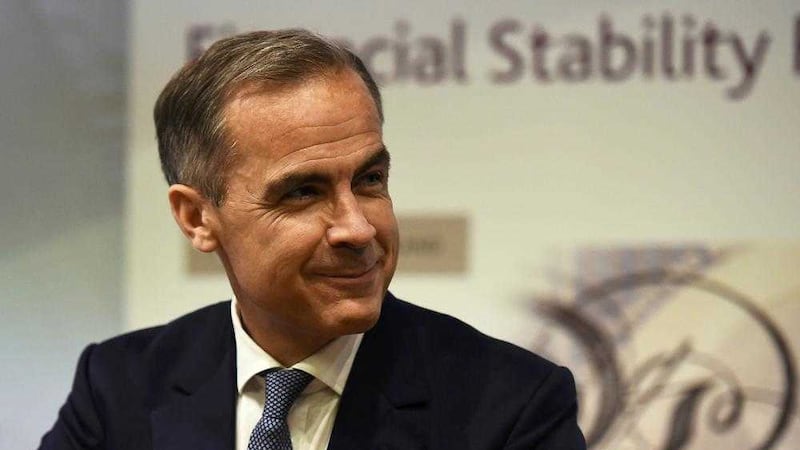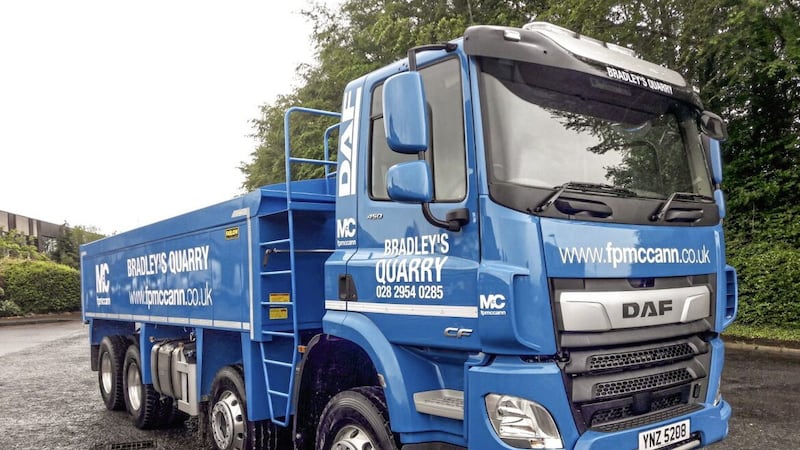SINCE the UK voted to leave the EU there has been a considerable amount of speculation about how it will affect the Northern Ireland economy and local businesses.
Amid all the uncertainty, Bank of England governor Mark Carney has provided a voice of stability and has done a great job allaying some of the immediate fears about what the change could mean.
His words echo what we are advising our customers - stay calm and carry on until the picture becomes clearer. In the meantime, assess the risks to the business and manage currency exposure.
Since the Brexit vote we’ve seen large volatility in the currency markets and a drop in the value of Government bonds. But as Governor Carney has said, financial markets are still relatively stable in comparison to the financial crisis of 2007/8.
Banks too are in far better shape to weather a downturn than they were then, mainly thanks to more stringent regulations, introduced following that crisis, which require banks to hold sufficient capital and liquidity and have more robust governance arrangements.
There has been no definitive breakdown, but it’s fair to say most business owners in Northern Ireland wanted to remain in the EU. It was, for many, a case of better the devil you know. Yes, the EU has exacting standards and creates red tape, but they would have preferred stability and continuity of access to the single market and to the EU trade agreements with non EU countries.
Trade deals with major economies like the US and China have been negotiated by the EU and in reality the UK has not negotiated a new trade agreement since 1973. The UK government knows how important these deals are, so I am confident that we won’t leave the EU without agreements in place for the movement of goods, services, capital and labour.
While those deals are being negotiated, businesses in Northern Ireland must adjust to the new situation. They must look in depth at their currency exposure – both direct and indirect. How does the falling pound affect all aspects of their business?
If you are exposed, can you absorb that cost or do you need to pass on the cost to maintain your margins. Can you look for other, cheaper suppliers?
Of course, with the pound hitting 30-year lows in the weeks after the referendum, there are likely to be opportunities for exporters to boost orders and profits in the short term.
There are other potential upsides too. The Governor of the Bank of England has talked about the likelihood of additional quantitative easing, which will increase the money supply and ensure plenty of liquidity in the system. The prospect of even lower interest rates is also on the horizon.
In the medium term we all need to lobby for a strong trade deal to ensure Northern Ireland companies have access to markets and avoid paying levies and tariffs to trade.
My view is that we must remain upbeat and pragmatic about the future, we are where we are and we must get on with it.
:: Richard Caldwell is managing director of business banking at Danske Bank





